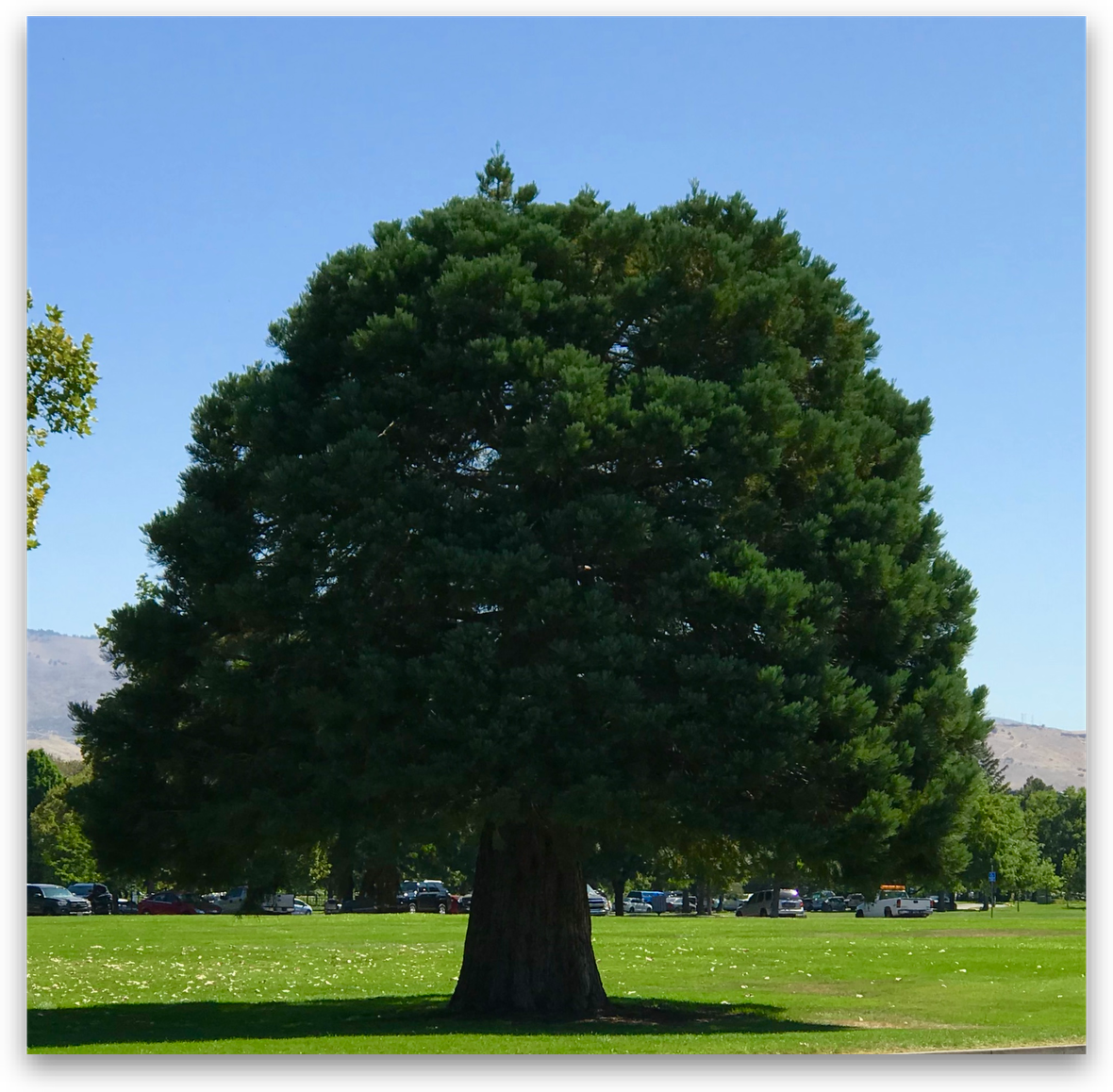
Evergreens don't drop their leaves and lose their shape in the winter, and they keep their verdure and foliage all year long. Thus in ancient times they were considered "righteous" because they always looked like trees—trees as trees are supposed to be.
Righteousness these days is associated with fusty, finger-wagging prudes who are “good” in the worst sort of way, but ancient etymology belies that meaning: Personal righteous is "being what a man or women is supposed to be."
We all have vestigial memories of what we’re supposed to be. It’s that idea—it exists in the worst of us—that makes us want to be better.
C.S. Lewis (I think it was) once said that you can slap an alligator on the back and say "Be an alligator" and he will be unmoved by your entreaty. But clap a man on the back and say "Be a man"and he will know exactly what mean. (This was written before the age of gender sensitivity.)
This is the righteousness that Jesus has promised to all who seek it and ask it of hm: “Blessed are those who hunger and thirst for righteousness, for they shall be satisfied" (Matthew 5:6).
David Roper
11.4.21

No comments:
Post a Comment